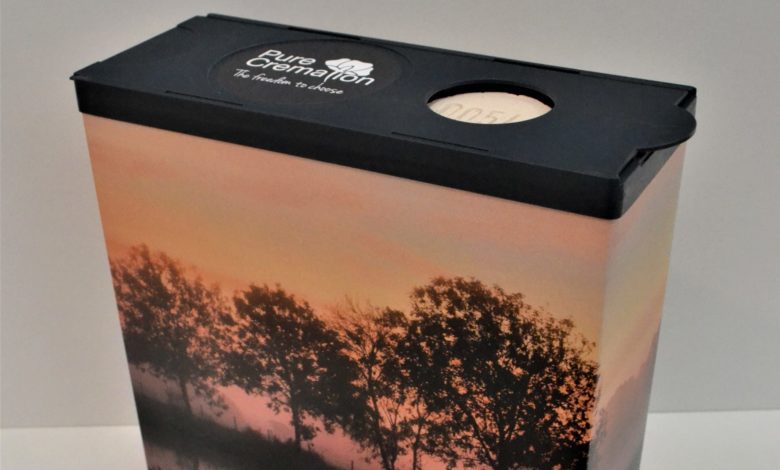Business
Pure Cremation joins Ashes Register as founding partner
Since the late 1960s more families are said to have collected their loved ones' ashes in order to scatter them in locations of ‘personal significance’, without any means to formally record the date or place

Pure Cremation, a direct cremation provider, has partnered with other industry leaders to support the launch of an “innovative” register that records the final resting place of people who have been cremated in the UK.
You'll need to
subscribe to unlock this content. Already subscribed? Login?

